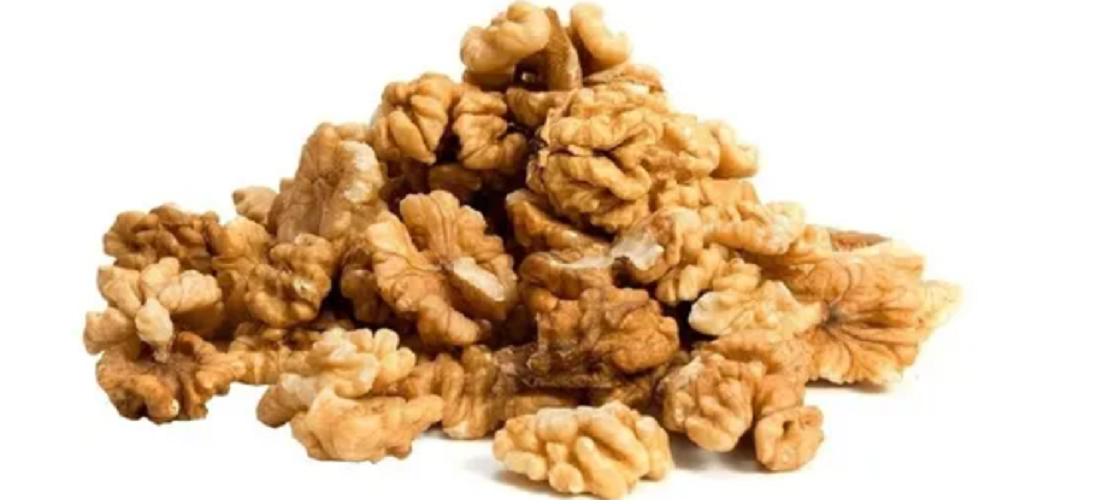
Brazil expands exports of agricultural products in Africa and Asia
Feb, 27, 2024 Posted by Gabriel MalheirosWeek 202409
In the past year, Brazilian exports of agricultural products received a significant boost with the establishment of specialized services for the sanitary certification of Brazilian agricultural goods.
The implementation of new control and monitoring procedures is overseen by the Department of Inspection of Plant Products at the Secretariat of Agricultural Defense, enabling the government to certify food safety requirements for China, Morocco, and member countries of the Gulf Cooperation Council (GCC) – including Saudi Arabia, Bahrain, Kuwait, Oman, Qatar, and the United Arab Emirates.
For example, to the GCC Arab countries, Brazil exported 270 tons of nuts and almonds in 2023. Among the products exported were cashew nuts to Oman (32 tons), Brazilian nuts (16 tons), and pecans (18 tons) to Saudi Arabia, as well as coconut oil to the United Arab Emirates.
The issuance of sanitary certification by the Ministry of Agriculture, in conjunction with the commercial promotion efforts of agricultural attachés and ApexBrasil, has also expanded international trade in Brazilian products over the past year. Notable exports include 10.6 thousand tons of coffee beans to Indonesia, representing an increase of approximately 100% compared to the previous year; and to Morocco, 7.3 thousand tons of black pepper – a 30% increase – and 16 thousand tons of crude soybean oil, marking the first opportunity for this product to be shipped to the Moroccan market.
Another market Brazil gained access to last year was the pelletized citrus pulp market in China. With the bilateral agreement signed between the Ministry of Agriculture and the Chinese customs authority (GACC), 48 thousand tons of the product were shipped in 2023. This marked the first time in the history of Brazilian commercial relations that this product was exported to this destination.
“The Department has been structured in recent years to meet the increasingly demanding requirements of international markets, focusing on the quality, safety, and traceability of products,” emphasized Hugo Caruso, Director of the Department of Inspection of Plant Products. “The self-regulation implemented in some chains has enabled the Ministry of Agriculture to carry out sanitary certification, adding more reliability to the exported products,” he noted.
SANITARY CERTIFICATION
Sanitary certification entails procedures adopted by the Ministry of Agriculture and Livestock to ensure the quality conformity of products for the international market.
These procedures involve requirements, criteria, and procedures for checking and evaluating documentation in accordance with legislation. If everything is in order, the certificate is issued and made available along with the cargo for shipment.
It is important to note that when issuing the Phytosanitary Certificate (PC), the officially communicated or agreed-upon requirements by the importing countries are also observed.
The issuance of the Phytosanitary Certificate does not replace the other documents required for the export of plant products.
Source: Informativo dos Portos
Click here to read the original text: https://www.informativodosportos.com.br/brasil-amplia-exportacao-de-produtos-agricolas-na-africa-e-asia/
-
Economy
Oct, 24, 2023
0
Bolivia Achieves Remarkable Reduction in Imports of Food Products
-
Trade Regulations
May, 11, 2023
0
Brazil eliminates import tax on machinery and equipment not produced domestically
-
Shipping
Aug, 14, 2023
0
KMTC boxship catches fire off Malaysia
-
Economy
Nov, 19, 2024
0
Paraguay records US$ 57 million foreign trade surplus in October



